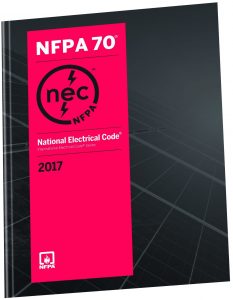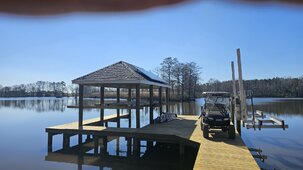Hey All,
Can't find much on this topic, but conflicting information. I'm installing a 6000xp on a boat dock with 4 solar panels feeding power. Do I need to ground the solar panels to something? Shore is 300' away and I've heard you don't need to ground out there over the water to I should run a 6awg copper wire to a rod on shore.
This is a complete off grid system. With the bonding enabled in the 6000xp, should I ground the solar panels to the breaker panel, inverter, or elsewhere?
Thanks!
Can't find much on this topic, but conflicting information. I'm installing a 6000xp on a boat dock with 4 solar panels feeding power. Do I need to ground the solar panels to something? Shore is 300' away and I've heard you don't need to ground out there over the water to I should run a 6awg copper wire to a rod on shore.
This is a complete off grid system. With the bonding enabled in the 6000xp, should I ground the solar panels to the breaker panel, inverter, or elsewhere?
Thanks!





